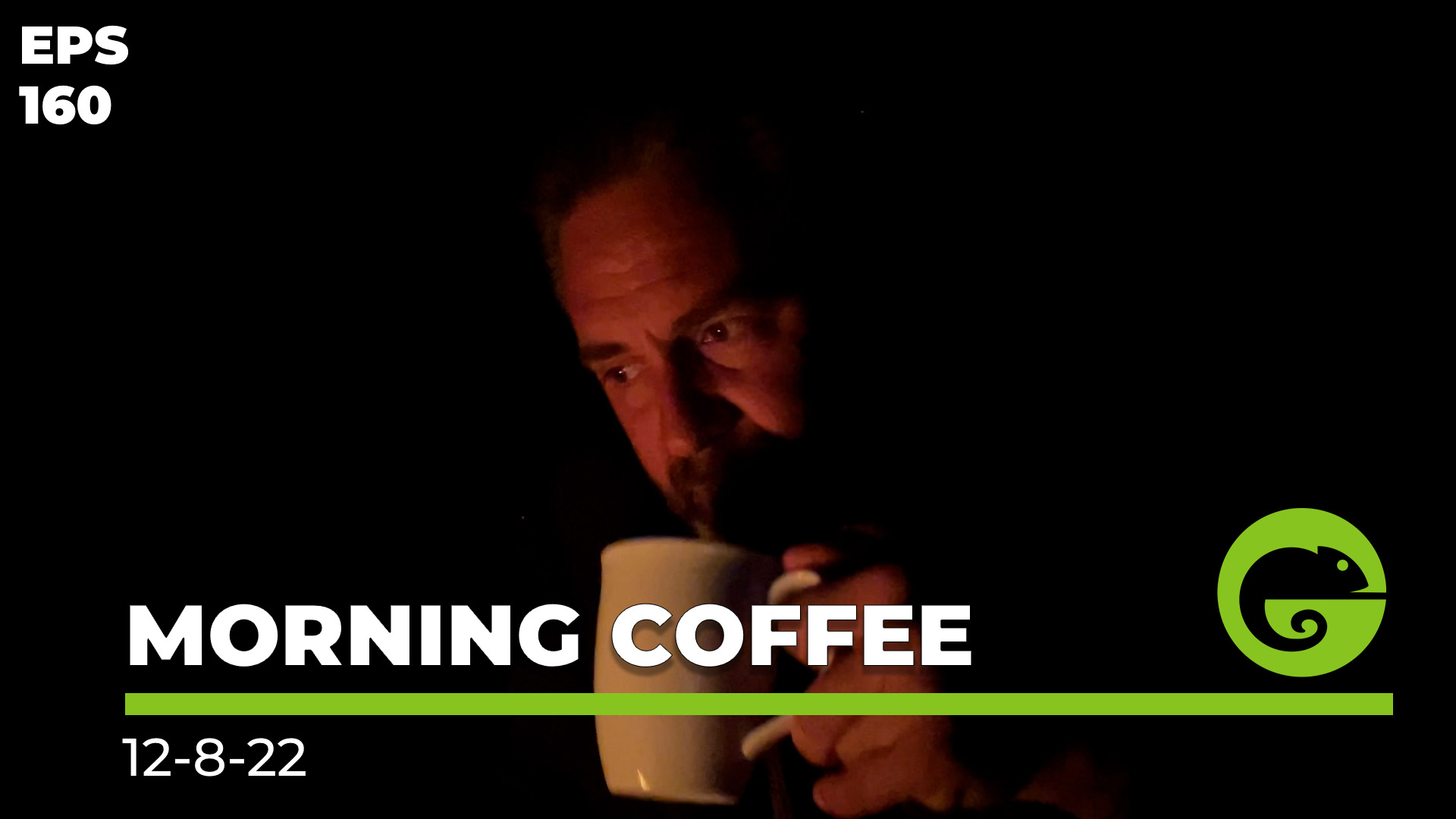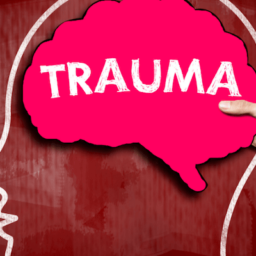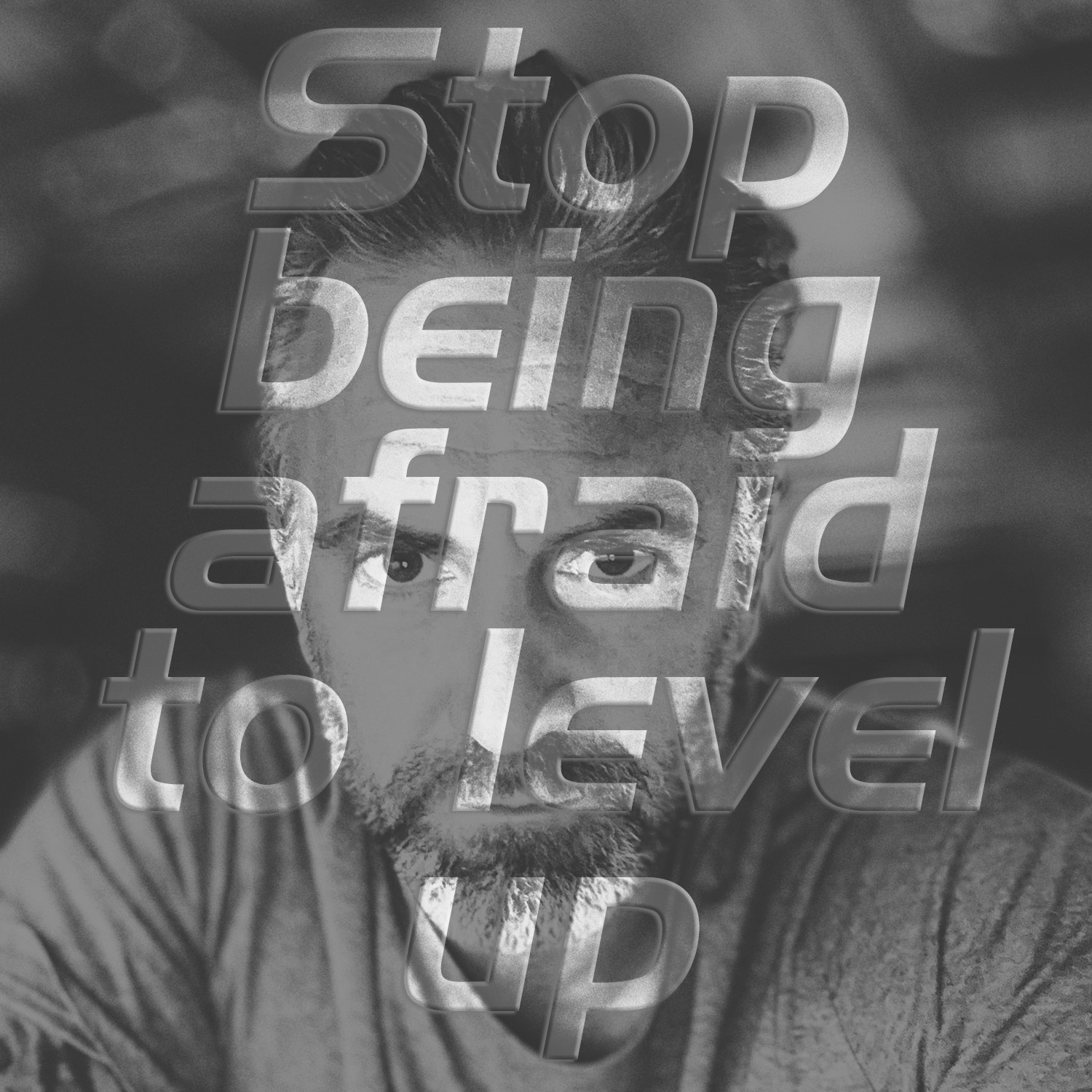Have you ever found yourself trapped in a negative thought cycle?
Do you tend to interpret events in a negative light?
If so, you may be experiencing cognitive distortions – habitual errors in thinking that can cause anxiety, depression, addiction and relationship problems.
Cognitive distortions refers to negative thinking patterns that aren’t based on fact or reality.
While most people experience cognitive distortions from time to time, they can become a real issue if reinforced too often.
That’s why it’s essential to understand the types of cognitive distortions, their connections to mental health, and what you can do to change your thought patterns.

So, cognitive distortions are your mind convincing you to believe negative things about yourself and your world that are not necessarily true.
Everyone falls into cognitive distortions on occasion. It’s part of the human experience for you, me, all of us. This happens particularly when we’re feeling down.
But if you engage too frequently in negative thoughts, your mental health can take a hit.
The good news is that you can learn to identify cognitive distortions so that you’ll know when your mind is playing tricks on you.
Then you can reframe and redirect your thoughts so that they have less of a negative impact on your mood and behaviours.

Here are a few cognitive distortions you could look for and be aware of as you set out to be a more positive
- Black-and-white thinking: I never have anything interesting to say.
- Jumping to conclusions: The doctor is going to tell me I have cancer.
- Fortune-telling: My cholesterol is definitely going to be sky-high.
- Comparison: All of my friends have better lives than me.
- Mental filter: I am terrible at getting enough sleep.
- Overgeneralization: I’ll never find a partner.
- Personalization: I’m the reason this project won’t work.
- Should-ing and must-ing: I should be losing weight and living healthier.
- Magnification and minimization: It was just one healthy meal and won’t matter.
- Catastrophizing: This spot on my skin is probably skin cancer; l’ll be dead soon.
- Labelling: I’m just not a resilient person.
- Disqualifying the positive: I answered that question, but it must’ve been a lucky guess.
On top of these quite common cognitive distortions there are two more ways of thinking to consider and to be aware of.
Ruminative thinking, which refers to negative thought patterns that repeatedly cycle in our minds, is a common occurrence in various psychiatric disorders.
It contributes to the feelings of unhappiness and detachment that many of us experience on a daily basis. Even without a psychiatric diagnosis, most of us have a tendency to ruminate unproductively when faced with certain anxieties and challenges. We may continuously ponder over problems in hopes of finding solutions or gaining insight.
However, these thought patterns can easily spiral into unhelpful and depression-inducing behaviour and thoughts due to the presence of cognitive filters and as a result, the challenges of life become even more anxiety-provoking and demanding. It’s a viscous cycle.
Last but certainly not least, is emotional reasoning which is a cognitive process where our negative emotions about ourselves influence our thoughts, as if they were true, in the absence of any factual basis.
This means that your feelings and emotions regarding a situation can become your actual perception of the situation, disregarding any contradictory information.
Emotional reasoning usually employs several other cognitive filters, such as catastrophizing and disqualifying the positive, to reinforce it.
For example, you may think:
- Even though you are losing weight, “I’m an elephant.”
- Despite getting good grades, “I’m a terrible student.”
- Even with no evidence to support the claim, “My partner is cheating on me,” because jealousy is defining your reality.
- Despite having friends, “Nobody likes me,” because loneliness shapes your thinking.
A big part of breaking down your cognitive distortions is simply being aware of them and paying attention to how you’re framing things to yourself.
If you frame things in a healthy, positive way, you almost certainly will experience less anxiety and isolation and mental stress.
This doesn’t mean that you have to ignore problems, challenges, or feelings, just that you need to approach them with a can-do attitude instead of letting your thoughts and feelings amplify your anxiety.
If you’re struggling and need assistance with challenging cognitive distortions and negative thought patterns please get in touch.
Professionals such as therapists and coaches are skilled at helping people change unhelpful ways of thinking and I’d love to assit where I can. 🙏🏼
Stay safe, and don’t forget to be awesome..

















